06
2023-04
Asia-Pacific Space Cooperation (APSCO) visits Hong Kong Aerospace Science and Technology Corporation
On April 6, 2023, Ms. Yu Qi, Secretary-General of the Asia-Pacific Space Cooperation Organization (APSCO), led a delegation to visit and investigate Hong Kong Aerospace Technology Group Limited. Mr. Sun FengQuan, Co-Chairman and CEO of Hong Kong Aerospace Technology Group Limited, and the company's leaders welcomed APSCO's visit and briefly introduced the Group's business and future planning.
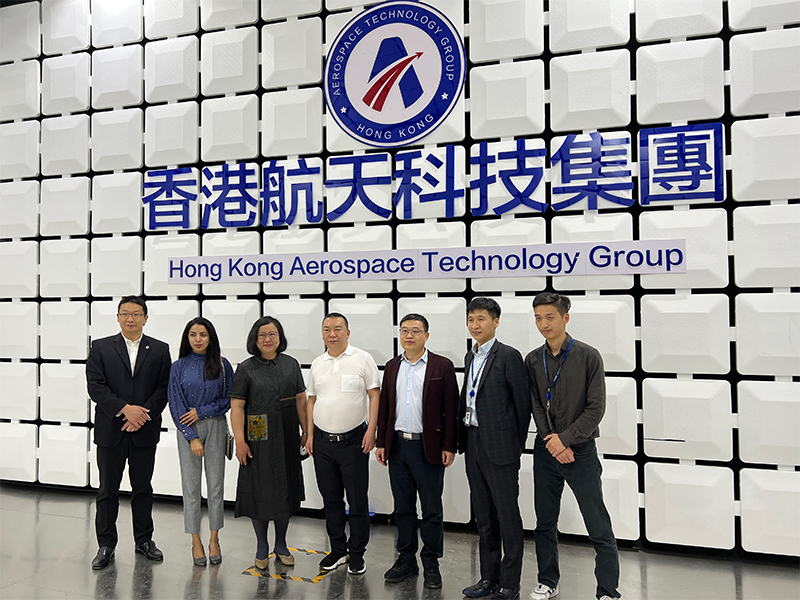
Figure 1: EMC Test Lab at the Hong Kong Satellite Manufacturing Center
The delegation was invited to visit the Hong Kong Satellite Telemetry, Tracking and Command Center, the Hong Kong Satellite Application Center and the Hong Kong Satellite Intelligent Manufacturing Center under construction. After that, the delegation had in-depth exchanges and discussions with the Group's researchers, especially on satellite manufacturing, data application and industrial supply chain, education and training cooperation.

Figure 2: Hong Kong Satellite TT&C Center
Ms. Yu Qi, Secretary General of APSCO, said that Hong Kong Aerospace Technology Group Limited has played an important role in promoting the development and innovation of Hong Kong's aerospace technology, and APSCO hopes to strengthen close cooperation with Hong Kong Aerospace Science and Technology Group to jointly promote the continuous and vigorous development of aerospace technology in the Asia-Pacific region.
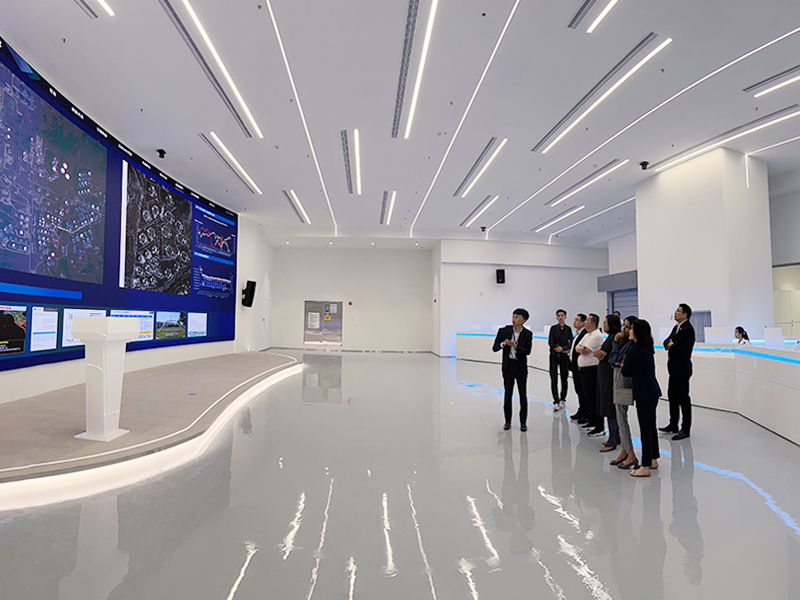
Figure 3: Hong Kong Satellite Application Center
Mr. Sun FengQuan, CEO of the Group, said that Hong Kong Aerospace Science and Technology Group is committed to becoming one of the international aerospace technology centers, and promoting innovation and entrepreneurship in the field of aerospace technology in the Hong Kong SAR through exchanges and cooperation with international institutions and enterprises.
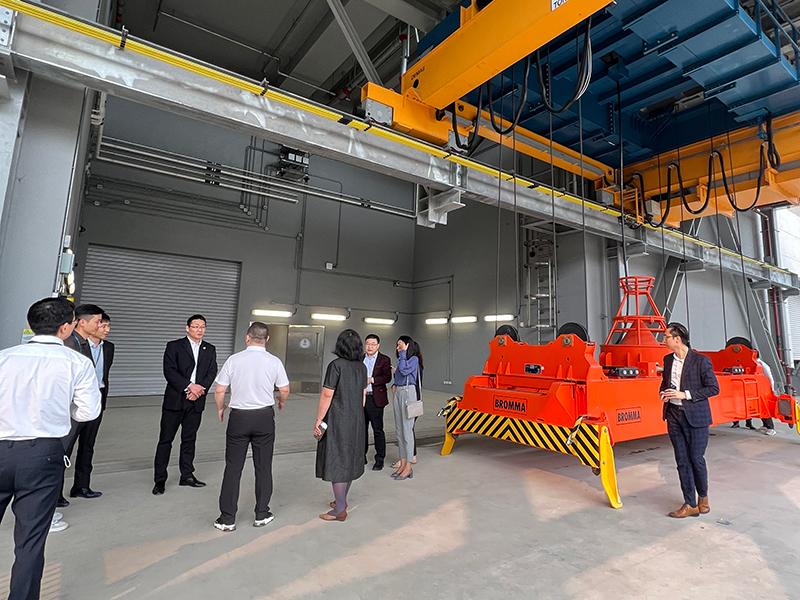
Figure 4: Satellite lifting equipment on site, with a maximum load of 30 tons
A memorandum of understanding for cooperation has been signed between APSCO and HKATG in November 2022, this visit has laid a good foundation for deepening the cooperation between the two sides, and will jointly create value for the development of aerospace technology in the Asia-Pacific region and even the world in the future.
-
29
2025-05

Tianwen-2 Mission Launched Successfully
At 1:31 AM today, China successfully launched the Tianwen-2 planetary exploration probe from the Xichang Satellite Launch Center using the Long March-3B Y110 carrier rocket.
-
13
2025-05
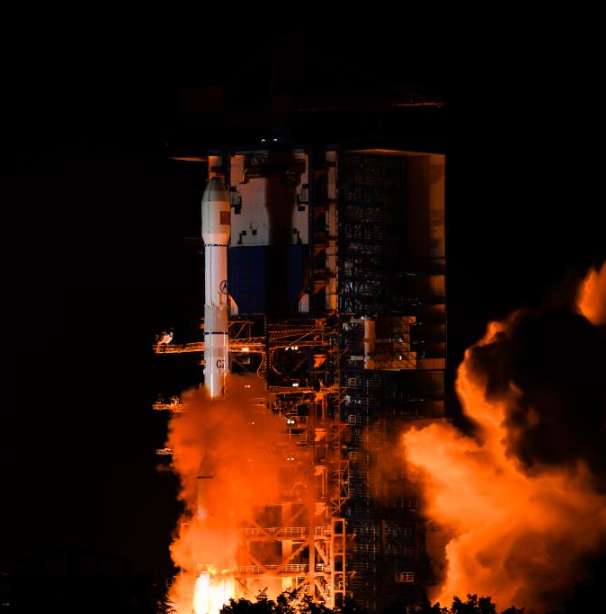
Communication Technology Experiment Satellite No. 19 Successfully Launched
At 2:09 on May 13, China successfully launched the Communication Technology Experiment Satellite No. 19 from the Xichang Satellite Launch Center using a Long March 3B carrier rocket. The satellite smoothly entered its predetermined orbit, and the launch mission was a complete success.
-
12
2025-05
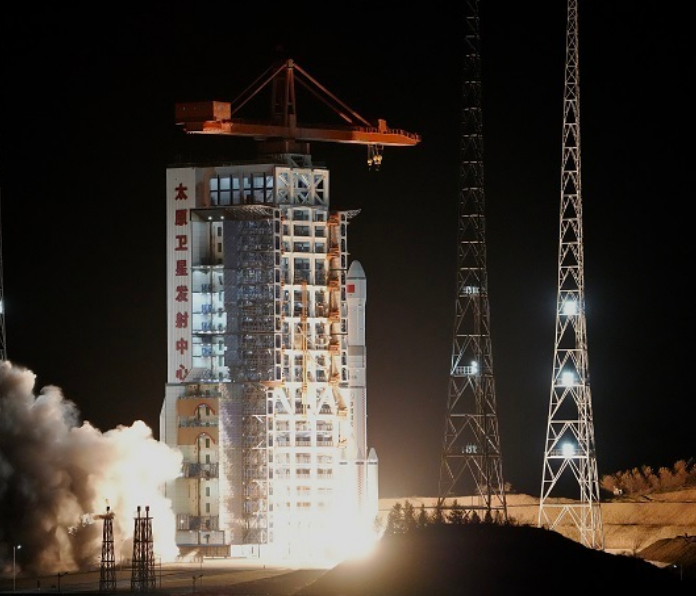
Remote Sensing Satellite No. 40, Group 02, Successfully Launched
On May 11 at 21:27, China successfully launched the Remote Sensing Satellite No. 40, Group 02, from the Taiyuan Satellite Launch Center using a Long March 6A carrier rocket. The satellite entered its predetermined orbit smoothly, and the launch mission was a complete success.









